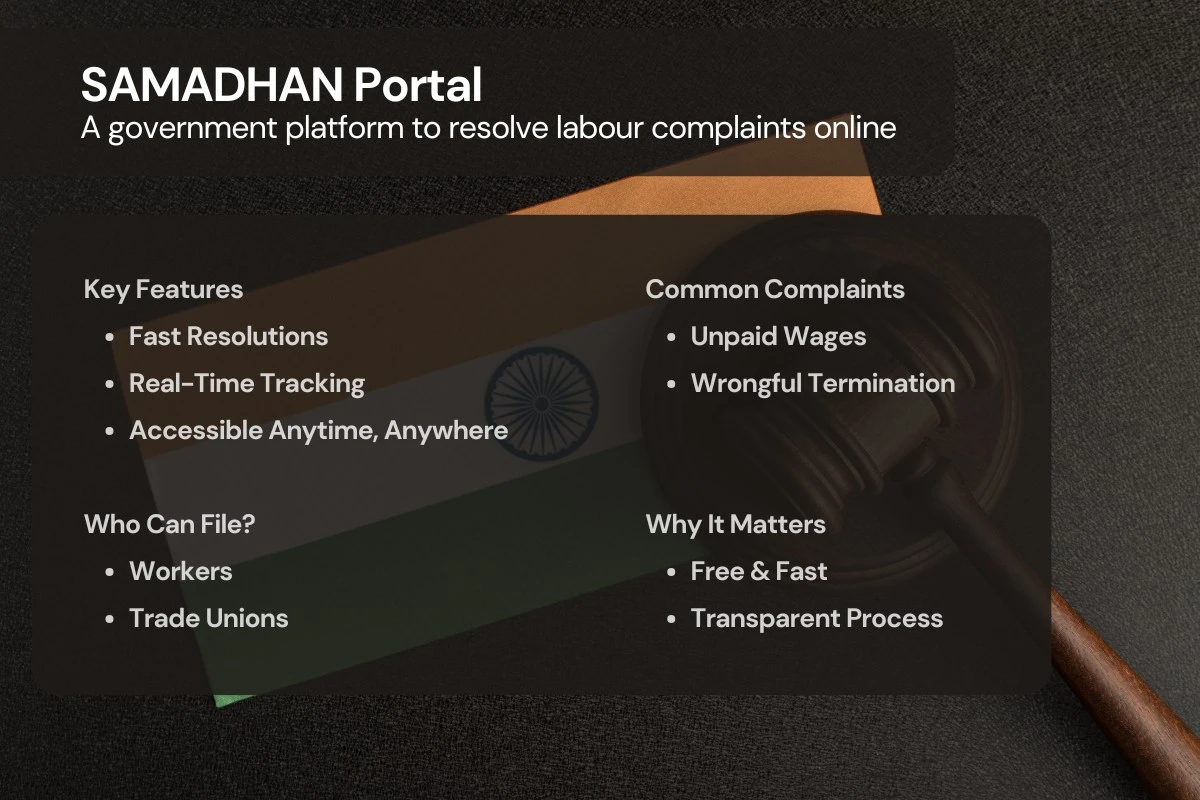Understanding Wage Equity
Wage equity is the fair and unbiased compensation practice within an organization. It ensures that employees performing similar roles receive equal pay, regardless of gender, race, or any other factor unrelated to job performance. Maintaining wage equity helps create a motivated workforce, fosters trust, and reduces equal pay for equal work legal risks associated with pay discrimination claims.
In India, wage equity is covered by laws like the Equal Remuneration Act, 1976. It prescribes providing equal pay for equal work in services done by men and women. Besides, the Code on Wages, 2019, consolidated various Labour legislations, thus ensuring minimum wages and principles of equal remuneration apply to different sectors.
Why Wage Equity is Important for Businesses?
A well-balanced pay plan has a direct impact on workplace culture, employee morale, and overall business performance; it’s not just about compliance. Businesses that practice wage equity build a sustainable workplace, increase engagement, and cultivate trust. This is why it’s important:
- 1. Employee Satisfaction and Retention: An employee’s morale and loyalty increase with fair compensation. When employees feel valued, they are likely to stay, thereby reducing turnover and hiring costs.
- 2. Legal Compliance and Risk Mitigation: Governments and Labour laws require businesses to follow certain practices of fair pay. The wage equal pay for equal work equity ensures that businesses avoid penalties in terms of fines, lawsuits, or possible damage to reputation.
- 3. Increased Productivity and Performance: Fair pay practices are associated with higher levels of employee engagement and productivity, therefore resulting in business outputs.
- 4. Attract Quality Workers: Transparency of wage structures attracts people of high quality due to their respect for fairness and integrity embodied in an organization.
- 5. Promote Diversity and Inclusion: Fair pay policies create a workplace that is inclusive and diverse. It is a cornerstone of the social responsibility of a company.
What Businesses Should Know About Pay Equity?
Pay equity implementation creates a foundation of justice, trust, and long-term corporate success in addition to being a legal requirement. Businesses that place a high priority on fair compensation improve employee happiness, foster a healthy work environment, and reduce legal risks. Here’s what businesses should focus on:
- Regular Pay Audits: Conducting periodic salary reviews ensures that compensation disparities are identified and corrected.
- Transparent Pay Structures: Clearly defined salary bands and criteria for pay increases help maintain wage equity.
- Legal and Compliance Standards: Staying updated on Labour laws and wage regulations helps businesses avoid legal troubles.
- Merit-Based Compensation: Salaries should reflect performance, experience, and responsibilities rather than personal demographics.
- Employee Communication: Open discussions about pay policies increase trust and prevent misunderstandings.
How Does Plutus Help Enterprises Ensure Equity in Wages?
Plutus helps businesses ensure fair wage policies and Labour compliance. Some of the services we provide include:
Wage Audits & Pay Structure Analysis
Determine pay differentials and recommend changes to achieve equal pay compliance.
Labour Law Compliance
Ensure compliance with legal wage norms for the business enterprise, including minimum wages and equal pay.
Payroll Management Services
Payroll processing is streamlined and accurate, transparent, and fair.
Compensation Policy Advisory
Companies are guided through the process of devising structured policies on pay that promote equity and competitiveness.
Ongoing Monitoring & Reporting
Regular reporting insights assist businesses in tracking and sustaining wage equity.

Conclusion
Wage equity is not only a legal requirement but also an important business strategy. Companies that make pay justice structures would always be key to having satisfied employees, good performance, and proper reputation. Compliant with wage equity would reduce the risk of existing, and thus, will make a workplace more productive and inclusive.
FAQs
- 1. What is the difference between wage equity and wage equality?
- Wage equity ensures fair pay based on role, experience, and performance, while wage equality means paying everyone the same regardless of differences in job responsibilities.
- 2. How often should companies conduct wage audits?
- Businesses should conduct wage audits at least once a year to identify and address disparities.
- 3. Can wage equity help reduce employee turnover?
- Yes, fair wages promote job satisfaction. Employees are less likely to quit their jobs in pursuit of better pay elsewhere.
- 4. How does Plutus aid small businesses in achieving wage equity?
- Plutus offers customized wage auditing services, payroll, and compliance support to ensure that small businesses adhere to fair compensation practices.
- 5. Is wage equity legally required?
- Yes, many labour laws require practices for fair pay. Violation leads to legal and reputational risks.
To know more about our services, please get in touch with us. plutusco.com

